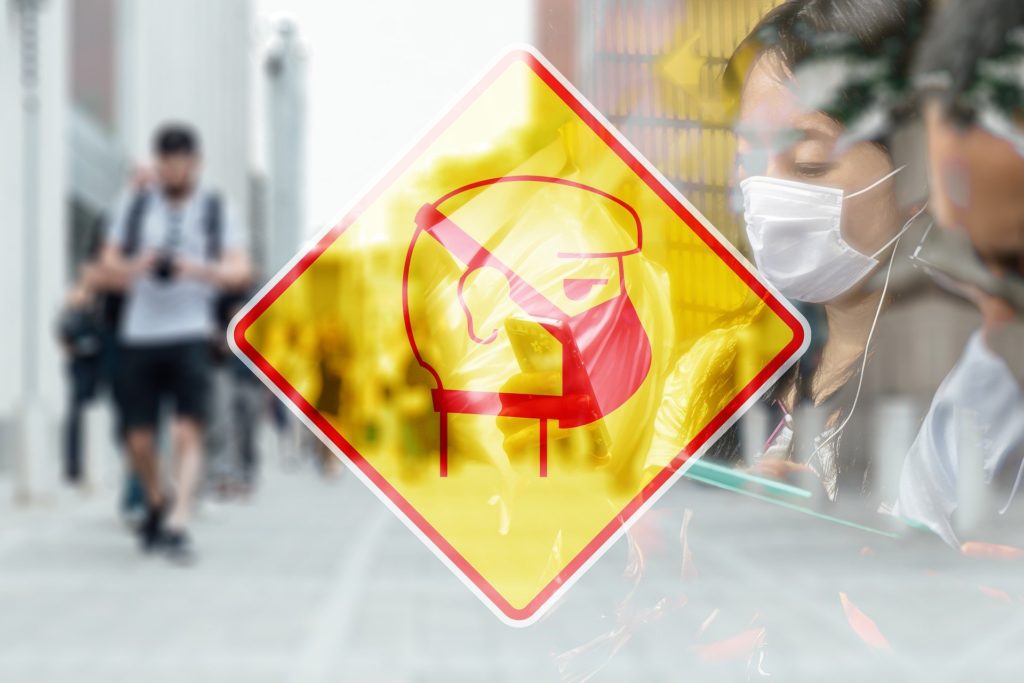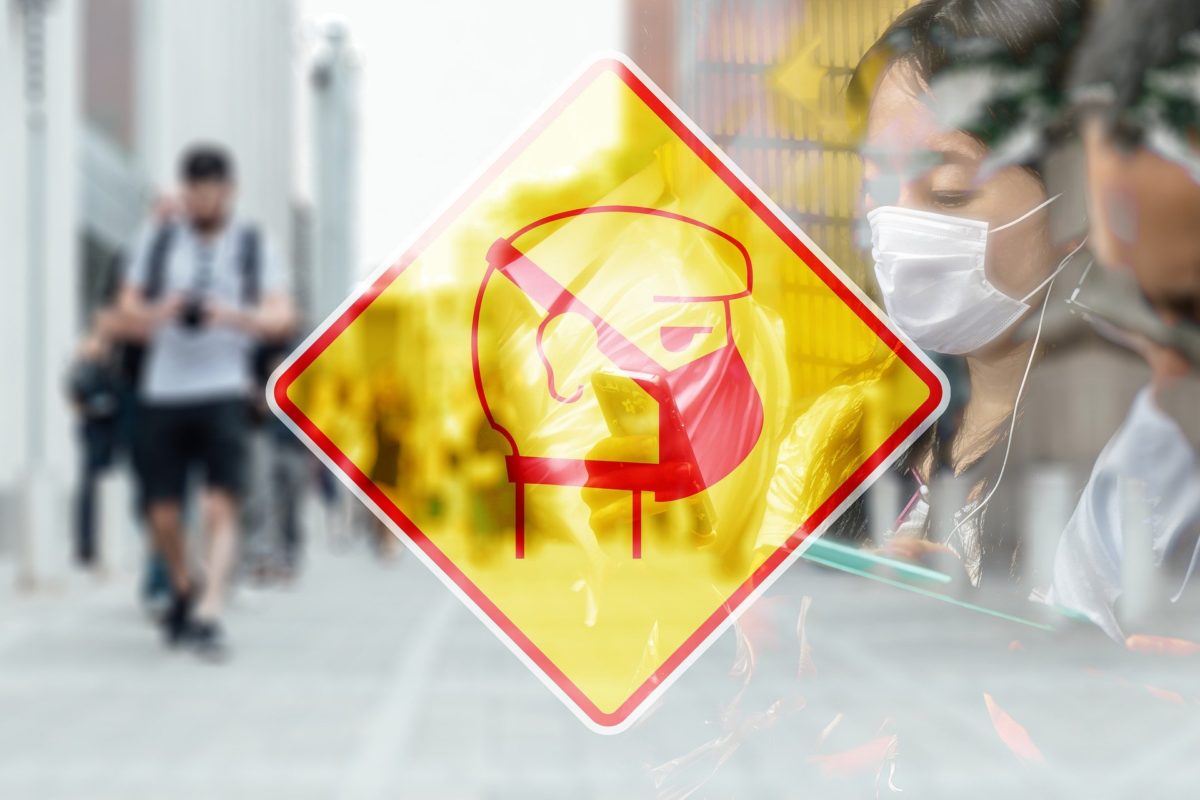
The question everybody seems to be asking these days is: How will the coronavirus (now officially named COVID-19 by the World Health Organization) affect my investment portfolio?
Of course, the unsatisfying answer is: we honestly have no idea. You can count the unknowns. The virus is now up to more than 73,332* cases and almost 1,870* fatalities—and counting. But nobody knows whether the virus will eventually run rampant across the Chinese economy or burn itself out. Nobody knows if it will spread widely beyond China and become a global crisis or remain largely confined to the Middle Kingdom. Either way, it’s hard to predict the impact of the virus on the Chinese or global economy, much less on the U.S. and global stock markets.
There are three different ways to guesstimate the impact of our latest pandemic:

The first and easiest is to look at how U.S. and world markets responded to past health scares. When the public became aware of the SARS epidemic (a previous strain of the coronavirus) back in 2003, the S&P 500 index fell 14% over the subsequent two months, from mid-January to mid-March. But, according to a historical look-back by the MarketWatch economists, the market was up 20.76% a year later. The Avian flu outbreak in 2006, the Swine flu outbreak in 2009, the Ebola outbreak in 2014 and the Zika epidemic in 2016 saw initial downturns between 5.5% and 7%, but a year later, the markets had recovered by between 10 and 36 percent.
We can note that the S&P 500 index fell 3% in the two weeks after January 17, when the coronavirus outbreak first made headlines. Since then, the index has bounced back to all-time highs.

The second is to assess the impact that the COVID-19 outbreak is having on the Chinese economy—which, while its stocks are seldom a major part of U.S. investment portfolios, would certainly affect the world economy through disrupted supply chains and reduced demand for products and services sold by outside firms. China now makes up 15.5% of the global economy. It is a major purchaser of commodities like oil and agricultural products, and companies as diverse as smart phone makers and auto companies rely on its manufacturing output.
The Chinese government is trying to contain the spread of the virus by imposing severe travel restrictions and by forcing 50 million people in affected areas to remain in their homes—which, of course, means they are not going to work and not being productive. At the same time, however, the Chinese government is pumping liquidity into its economy—an estimated 1.7 trillion yuan from the People’s Bank of China—in order to contain the economic damage it is causing with the quarantine measures. Will the two balance each other out? We can note in passing that the SARS epidemic caused a temporary 2.4% decline in Chinese production. Nobody knows if the new epidemic will have the same, greater or lesser impact.

The third way to evaluate the potential damage of the pandemic is to focus on certain individual companies that are being affected by the initial phase of the outbreak. A recent U.S. News & World Report analysis singled out Carnival Corp., whose Diamond Princess cruise ship is currently quarantined at a dock just off the Japanese coastline—with 3,600 passengers onboard. More than 200 of them have come down with the coronavirus, which means that this single ship has more cases than any individual country besides China. Carnival stock is down about 17% since mid-January.
The article also mentions Wynn Resorts, which has major holdings in China’s gambling Mecca of Macao. The company’s Macao resorts have been shut down by the Chinese government, causing Wynn to lose $2.6 million a day. The stock is down roughly 15% from its peak.
You may not have heard of Yum China Holdings, but it is the parent company of the KFC, Pizza Hut and Taco Bell brands. The $20 billion company has had to shut down its China-based locations, and the stock has lost 15% of its market value this year.
Finally, consider Nike, which has closed half of its company-owned stores and stores managed by partners in China. About 17% of the company’s revenues come from China, and Chinese factories produce about 20% of Nike products. Nike’s stock doesn’t seem to have been hammered like the other companies on this list, but you can expect a reported decline in earnings this quarter.
So what does this mean? Anybody who tells you that they know how the COVID-19 epidemic will play out in American household portfolios would have to be considered a charlatan. We simply don’t know. But so far, history suggests that the market reactions to past pandemics have been temporary, just like all other kinds of market downturns. Not knowing when to get out and back into the markets constrains our options to hanging on and hoping—maybe expecting—that this time around won’t be very much different.
We’re always available for your questions. Don’t hesitate to reach out, 865-240-2292.
Charlie & Kevin
*As of 02/18/20 according to the World Health Organization
Please remember that past performance may not be indicative of future results. Different types of investments involve varying degrees of risk and there can be no assurance that the future performance of any specific investment, investment strategy, or product made reference to directly or indirectly in this video will be profitable, equal any corresponding indicated historical performance level(s), or be suitable for your portfolio. Moreover, you should not assume that any information or any corresponding discussions serves as the receipt of, or as a substitute for, personalized investment advice from Leading Edge Financial Planning personnel. The opinions expressed are those of Leading Edge Financial Planning as of 02/15/2020 and are subject to change at any time due to the changes in market or economic conditions.
February 18, 2020

